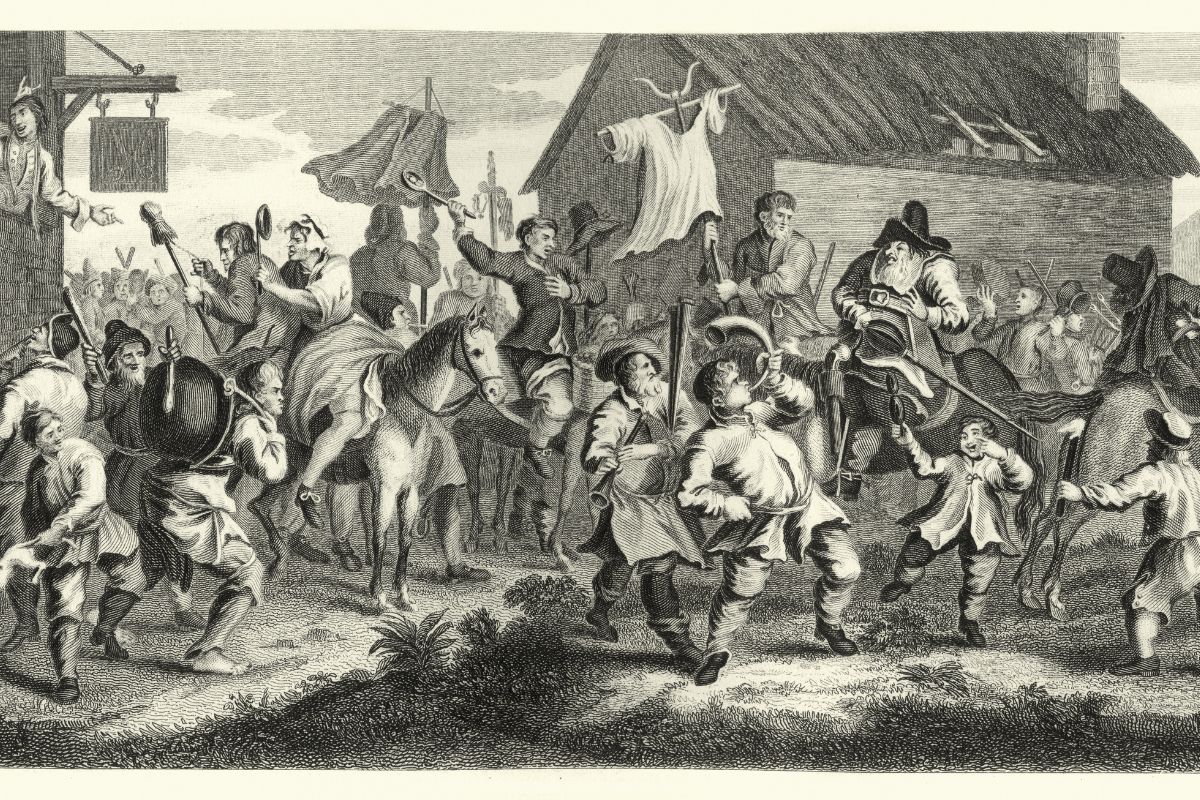Handloom fashion show at Bharat Tex 2025 attracts buyers from Europe, Australia
The event was organised at the amphitheatre in Bharat Mandapam as part of the Bharat Tex 2025 exhibition being held here from February 14-16.
Other posthumously published writings by Shelley had an even longer gestation period — some of his most potent prose was unknown well into the 20th century.

Representational image (iStock)
‘An old, mad, despised, and dying King”; the opening line of the sonnet England in 1819, was a specific denunciation of George III, but the enduring relevance of what follows might be harder to dispute. The following lines refer to “Princes, the dregs of their dull race, who flow/ Through public scorn, — mud from a muddy spring”. That would hardly go astray as a description of the Windsors today — and perhaps scions of ruling families elsewhere. That’s followed by “Rulers who neither feel nor see nor know,/But leechlike to their fainting country cling/ Till they drop, blind in blood, without a blow”. That comes across as a striking description of the Rajapaksa brothers in Sri Lanka, but could also apply to Boris Johnson, among many other contemporaries. Then we get to the nitty-gritty: “A people starved and stabbed in th’ untilled field;/ An army whom liberticide and prey/ Makes as a twoedged sword to all who wield…” This was not a one-off blast but a theme that circulates through much of Percy Bysshe Shelley’s poetry.
Which, in turn, might explain why the bicentenary of his demise this month has not attracted quite as much attention as that of John Keats did last year. Throughout his adult life, Shelley’s verse was frequently censored. The Mask of Anarchy — an urgent response to the Peterloo massacre of working-class protesters in Manchester in 1819, described by biographer Richard Holmes as “the greatest poem of political protest ever written in English” — remained unpublished for more than a decade. That is hardly surprising, given its second stanza begins with: “I met Murder on the way —/ He had a mask like Castlereagh”, a reference to one of the most prominent AngloIrish politicians of his day. It concludes with a message that has lost none of its resonance: “’Rise like lions after slumber/ In unvanquishable number — / Shake your chains to earth like dew/ … Ye are many — they are few.” The sentiment was reflected in the British Labour Party’s slogan until 2019, “For the many, not the few”. That it could not be allowed to stand serves as a reminder that in some respects the status quo ante endures.
Advertisement
Other posthumously published writings by Shelley had an even longer gestation period — some of his most potent prose was unknown well into the 20th century. And it was, incidentally, prose rather than poetry that accounted for his earliest woes. Born into the landed aristocracy shortly after the French Revolution, the young Percy lapped up the relatively liberal views of his parents and their peers, but eventually found them wanting. He unhappily endured his years at Eton and was thrilled to be thrown out from Oxford after a few months for refusing to deny co-authorship of a pamphlet titled The Necessity of Atheism. The termination of his allowance by an infuriated paterfamilias was less thrilling but did not deter Shelley from pamphleteering and agitation against the established order, first in Ireland and then in England, until assassination attempts, and the threat of his debtors drove him to the Continent in the company of Mary Godwin — the teenage daughter of feminist pioneer Mary Wollstonecraft and reformist political philosopher William Godwin.
Advertisement
Eventually his second wife, Mary Shelley, came to be better known in some literary quarters, courtesy of a timeless novel called Frankenstein, written when she was 18. Of her husband, she wrote in a note appended to one of his posthumously published poems: “He believed that a clash between the two classes of society was inevitable and he eagerly ranged himself on the people’s side.” Shelley remained a prolific poet to the end, and several of his shorter poems are universally coun–ted among the finest examples of their genre. But his claim that “poets are the unacknowledged legislators of the world” tends to be accepted, at best, as wishful thinking. However, the afterlife of some of his most potent political poetry had far more to do with the shop floor, the union hall and the strike assembly than it did with the dullards in the academy who marvelled at the lyricism of Shelley’s verse and pontificated about its abstraction, but tended to deride or ignore his relentless mockery of tyranny, oppression and narrow-mindedness of every kind, and his instinctive disdain for monarchs, priests, the landed gentry, capitalists and the political class. Shelley was cremated 200 years ago this week when his body washed up on the shores of Sardinia 10 days after he and a couple of companions drowned in a sea squall. However, his heart refused to burn. Mary preserved it. Shelley’s ashes found their last resting place in the same cemetery in Rome where Keats was interred the previous year, but his heart was buried many decades later in Dorset. One would like to think that, by some secular miracle, it’s still beating.
Advertisement